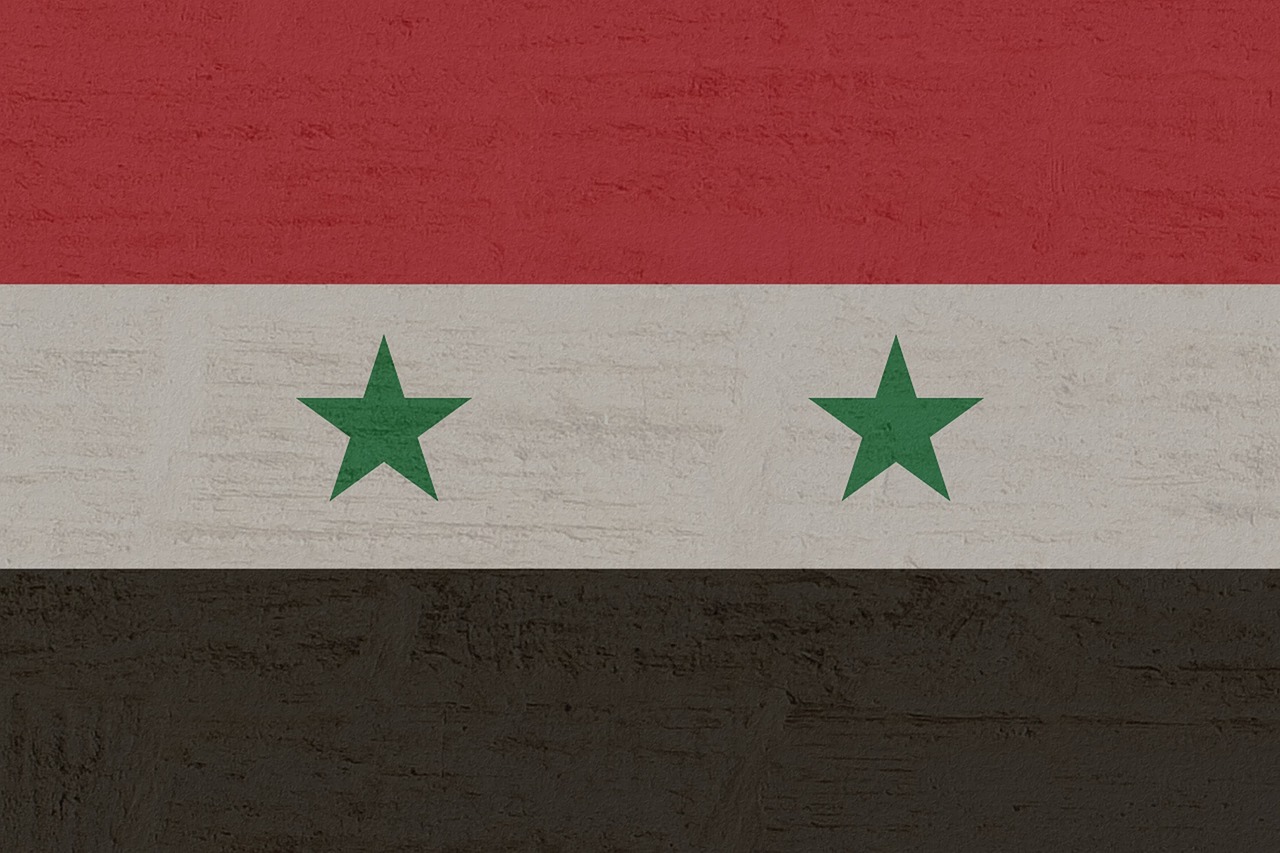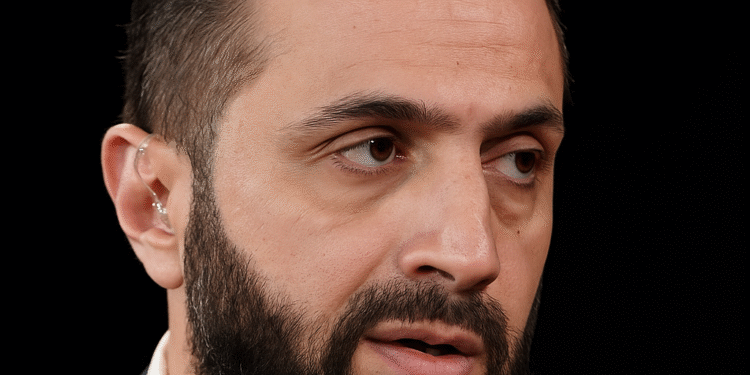In a stark warning to the commanders and officials who propelled him to power, Syria’s new President, Ahmed al-Sharaa, has forbidden his loyalists from claiming the “spoils of war,” demanding they hand over keys to luxury vehicles and cease corrupt practices or face investigation.
The directive was delivered at an August meeting in Idlib, far from the formal halls of power in Damascus, where Sharaa confronted more than 100 supporters. “Have you forgotten you are the sons of the revolution?” he rebuked them, according to attendees who noted the parking lot was filled with Cadillac Escalades and Range Rovers. He ordered civil servants with luxury cars to surrender them immediately.
This crackdown extends to the highest levels of his own family. Multiple sources confirm that Sharaa ordered the closure of his elder brother Jamal’s business office in Damascus and instructed government entities to sever ties with him, alleging Jamal used his family connection for personal gain. The office was later found sealed with red wax, a regional sign of a property shuttered for a corruption probe.

The moves highlight the central challenge for the former militant commander: transitioning from a rebellion built on “alliances, favouritism and monopoly” to a functioning government that can avoid the endemic corruption of the Assad regime it overthrew. While the information ministry denied that any car keys were confiscated, it confirmed Sharaa’s brother was not permitted to run a commercial entity.
Despite the public stance, corruption persists. Business figures report being forced to pay massive, undocumented bribes to well-connected intermediaries to secure the release of detained employees or to keep their factories running, suggesting that the new administration’s authority is still being tested on the ground.
Why It Matters
Sharaa’s anti-corruption drive is less about ethics and more about the fundamental mechanics of power. By demanding the surrender of luxury cars and shutting down his brother’s operations, he is not instituting the rule of law; he is centralizing the system of patronage under his sole control.
The message is unequivocal: there are no spoils of war for the loyalists, because all spoils now belong to the state—which is to say, to him. This is the critical pivot from a warlord who leads a coalition to a ruler who commands an institution. His ability to force this transition, even upon his own family and most powerful supporters, will determine whether his government evolves into a functional state or merely becomes a new version of the old, reviled kleptocracy.

















